Abstract 10/2021
Table od content
Zofia Bryniarska, Aleksandra Kuza – Analysis of the impact of COVID-19 on the functioning of passenger transport
Michał Małysz – Wrocław Główny as a railway junction of European importance
Abstracts
Zofia Bryniarska, Aleksandra Kuza
Analysis of the impact of COVID-19 on the functioning of passenger transport
Abstract: The article presents an analysis of the impact of Covid-19 on the functioning of various modes of passenger transport in 2020 and in the first half of 2021 in Poland and in the world. The indicator of the severity of the introduced government restrictions was discussed. It shows how the outbreak of the Covid-19 pandemic influenced governments’ decisions to impose restrictions on social life and changes in mobility during the Covid-19 pandemic. Changes in the volume of passenger transport in total and in individual modes of transport, changes in the mobility of the society in cities, regions and on an international scale, as well as their impact on the future transport behaviour of the society were presented.
Key words: COVID-19, passenger transport, public transport, restrictions, mobility, transport behaviour
Michał Małysz
Wrocław Główny as a railway junction of European importance
Abstract: The Wrocław Główny railway station is one of the stations with the highest daily passenger traffic in Poland. The data from the Office of Rail Transport emphasize its importance in domestic connections. However, there is still untapped potential in international rail connections. Compared to the cross-border trains from Poznań, Kraków and Katowice, the offer for Wrocław is clearly limited. In the past there were numerous day and night trains connecting the capital of Lower Silesia with the cities of neighboring countries and Black Sea resorts. In the era of railway revival, including the development of night connections in Europe, it is necessary to pay attention to the position of Wrocław that favors its inclusion in the network of international connections in Western Europe. Wrocław has the potential to be an important railway junction between Eastern and Western Europe, and its potential is the main subject of research presented in this work. The aim of the article is to outline the possibilities of developing international rail connections passing through Wrocław in the third decade of the 21st century on the basis of the analysis of old timetables and forecasts for the development of the network of connections between Poland and Western European countries. The old timetables may allow the reconstruction of connection routes existing in the second half of the 20th century and the beginning of the 21st century. On the other hand, the modernization of the railway infrastructure is an opportunity for new connections on the basis of the timetables from the past, but with reduced travel time and higher comfort during the ride. Infrastructure investments can help to establish such connections from Wrocław, which would strengthen its role as a railway junction on an European scale.
Key words: railway transport, international trains, Wrocław Główny station, railway junction
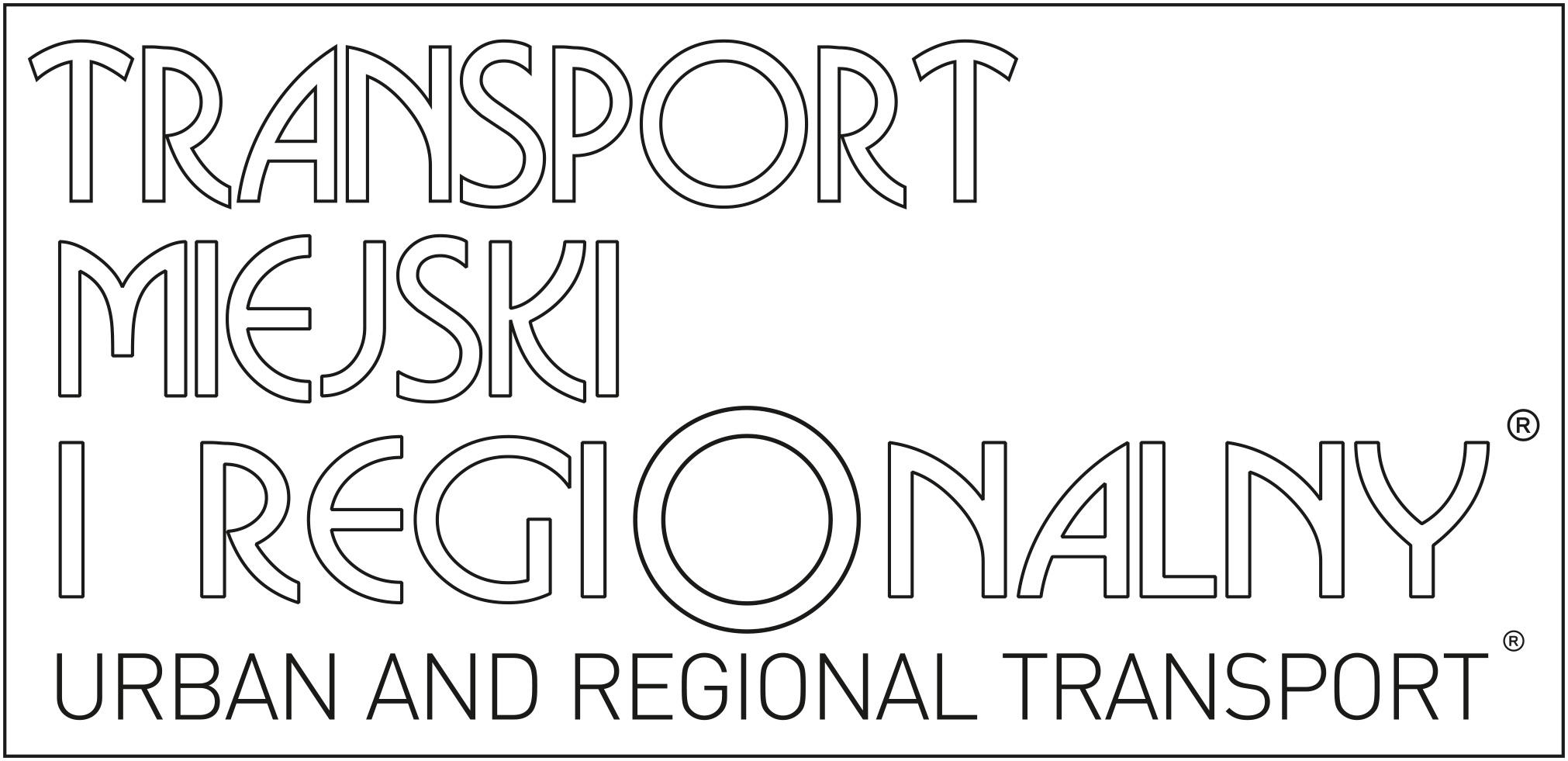
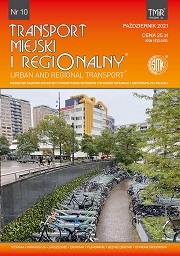 SITK RP
SITK RP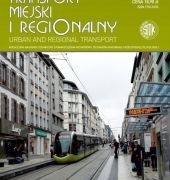 SITK RP
SITK RP 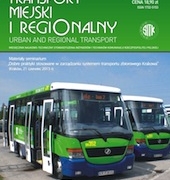 SITK RP
SITK RP 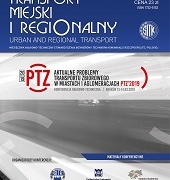
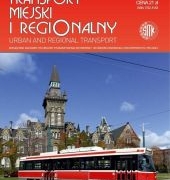 SITK RP
SITK RP  SITK RP
SITK RP 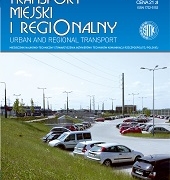 SITK RP
SITK RP 
 SITK RP
SITK RP SITKRP
SITKRP